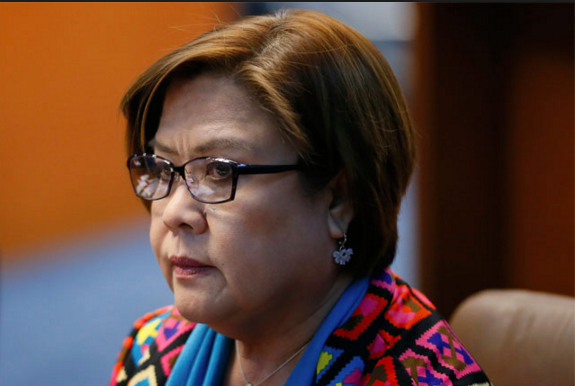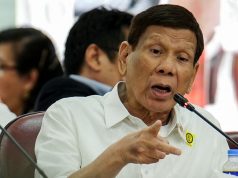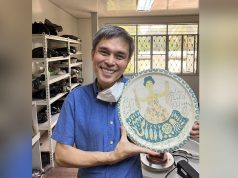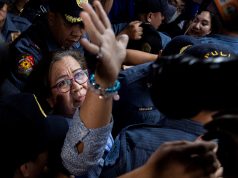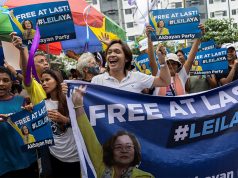MANILA, Philippines – Detained Sen. Leila de Lima wants to participate in Senate sessions. And her legal team is now studying legal options for her to be allowed to take part in deliberations of legislative measures and attend other official functions at the Upper House.
In a statement issued Monday, May 1, De Lima said she would not allow the Duterte administration to “prevent me from fulfilling my electoral mandate,” and thus would continue to work as senator.
“I will continue to do so because I owe it to the more than 14 million Filipino people who voted me in office and represent them in the Senate. I hope I can participate in important debates in the Senate.”
“I have authored and sponsored important measures I promised the Filipino electorate to shepherd in the Senate. I have an electoral mandate to fulfill and it is my right to attend and participate in the proceedings in the Senate,” she said.
De Lima said she was hoping to join her colleagues in deliberating on important measures, particularly the proposed revival of death penalty, lowering the criminal age responsibility, and the postponement of barangay elections, among others.
She cited some cases wherein detained senators were permitted to attend to their legislative duties, including participation in Senate proceedings, pending the resolution of the charges leveled against them.
De Lima said that in the 1950s, then Senator Justiniano Montano was charged with the non-bailable offense of multiple murders but was allowed to post bail to perform his senatorial duties.
Also in 2008, the Upper House under the leadership of Senate President Aquilino Pimentel had allowed then detained Senator Antonio Trillanes IV to participate in Senate proceedings through teleconferencing.
“Apart from my rights as a duly-elected senator, I have to invoke my rights as a political prisoner as provided and protected under Philippine laws and jurisprudence as well as the International Convention on Civil and Political Rights,” said De Lima.

